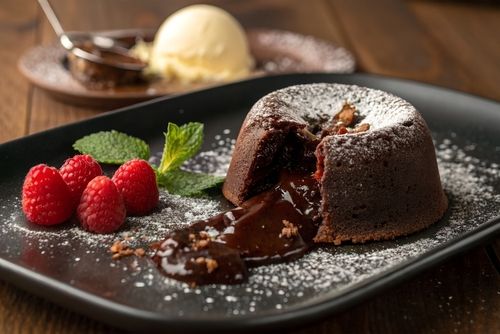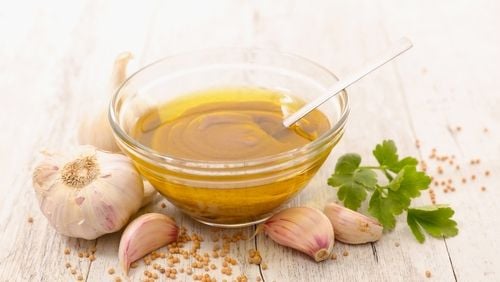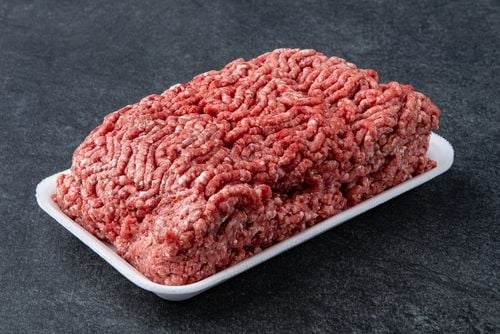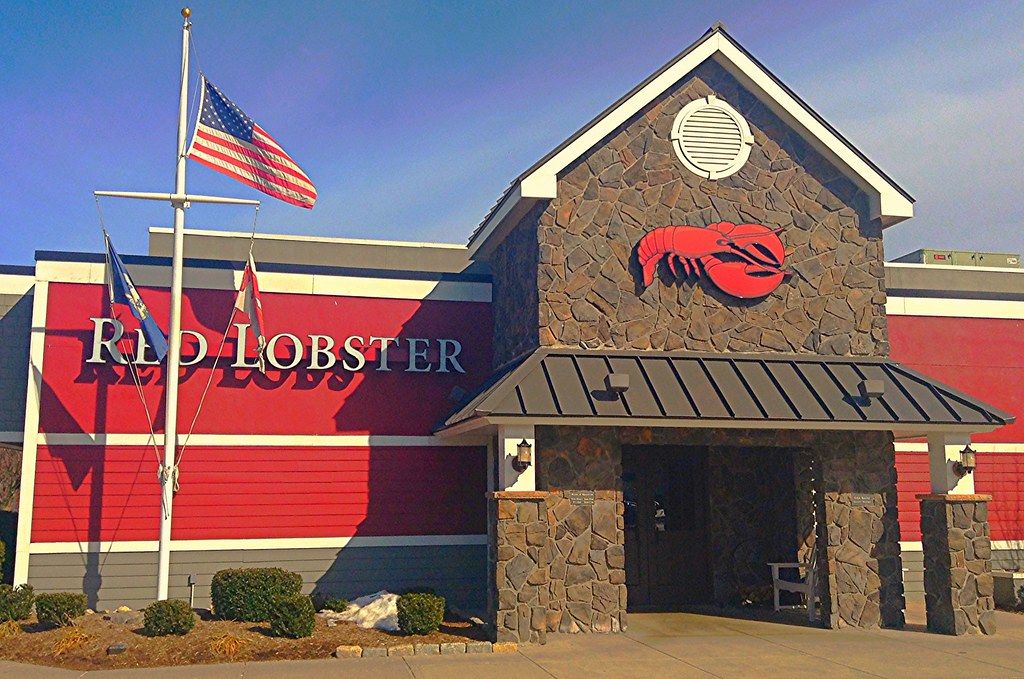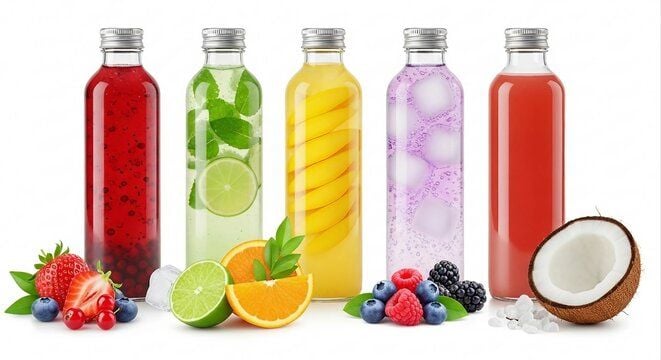
Unveiling the Truth About Wellness Drinks
- Sep 26, 2025
Many of us have been lured by the promise of wellness drinks, non-alcoholic beverages touted to offer better digestion, a good night's sleep, increased energy, and the instant ability to relax. With the rising trend of these "better-for-you" options, even major soda manufacturers like PepsiCo and Coca-Cola have jumped on the bandwagon. But are these claims genuine?
With a market size of $197.3 million in 2023, projected to reach $484 million by 2034 as per market research company Fact.MR, these drinks focus on improving specific health aspects such as mental alertness and immunity enhancement. Let's delve into the five most common ingredients found in these beverages according to health experts and medics.
Reishi mushrooms, or Ganoderma lucidum, garner attention for their capacity to combat stress, improve wellbeing, and boost immunity. These fungi, also referred to as adaptogens, have been used in Asia for centuries to treat infections and combat inflammation. Emerging research supports their use in cancer treatment and the management of mental health issues, including anxiety, depression, and fatigue. "Adaptogens may help cultivate a sense of calm and increase resilience to ongoing stress," advises Sarah Pflugradt, PhD, a nutritionist and food science specialist.
However, consumers should be wary of wellness beverages claiming to contain reishi mushrooms, as the quantity of the ingredient often remains undisclosed. Moreover, Dr. Neha Bhatt, a licensed naturopathic medical doctor, warns of potential side effects such as increased bleeding risk when paired with anticoagulant medications.
Prebiotics, another well-known ingredient, are nondigestible foods that support gut health by encouraging the growth of beneficial microorganisms. While present in foods like almonds, bananas, and cabbage, these are also found in sodas, hence the upsurge in the sale of prebiotic sodas. Despite this, Pflugradt warns individuals with certain digestive conditions to avoid these drinks due to the specific type of fiber they contain.
Ashwagandha, an adaptogen native to several regions worldwide, is lauded for potentially improving sleep, easing anxiety, and increasing energy levels. However, Caroline Thomason Bunn, a dietitian and diabetes educator, warns that the dosage in wellness drinks might not be sufficient to provide these benefits. Also, she advises against consumption of small quantities of Ashwagandha by certain demographics due to its potential impact on thyroid hormones and blood pressure.
Rhodiola rosea, an adaptogen-nootropic hybrid, has gained popularity for its perceived ability to alleviate stress-induced burnout and chronic fatigue, while L-theanine - an amino acid principally found in tea leaves and mushrooms - has been linked to stress relief, anxiety reduction, and immunity boost. Yet, like many other ingredients, small doses could potentially pose risks and cause drug interactions.
While some consumers may find wellness drinks enjoyable, and possibly beneficial due to a placebo effect, it's important to note the disconnect between the benefits promised by these drinks and what the undisclosed levels of ingredients can deliver. "Many of these beverages don’t contain therapeutic levels of ingredients. Also, some products mix multiple herbs without listing exact doses or standardizations, making it hard to assess safety or efficacy," warns Bhatt.
In essence, while it's easy to be swept away by the promise of these wellness drinks, it's critical to keep yourself educated and always consult a medical professional before venturing into an uncharted wellness regimen, specifically if you're on any medication or have underlying health issues.

